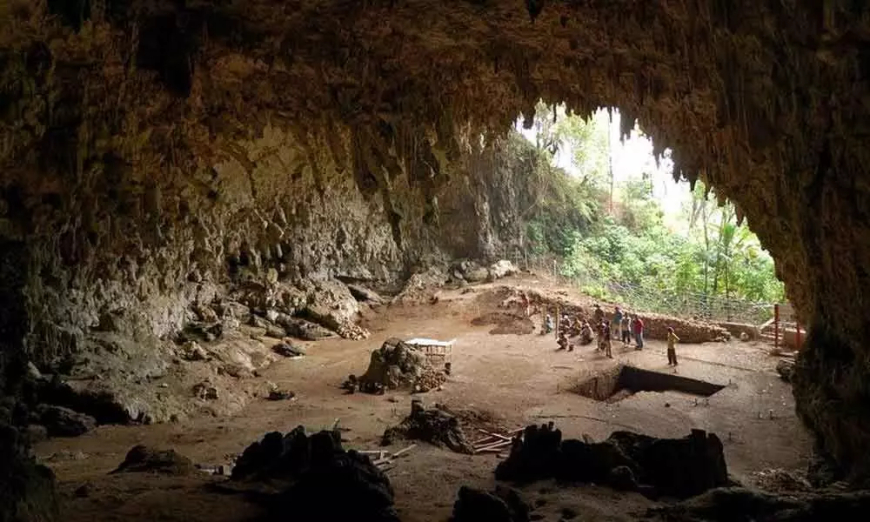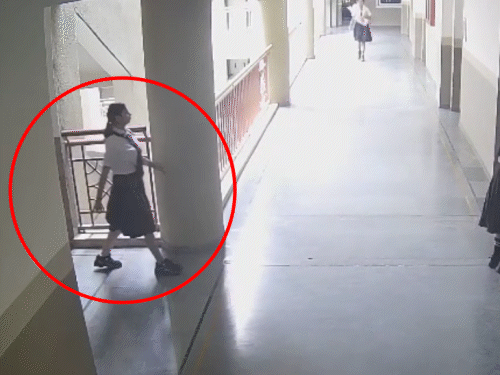Prehistoric Treasures Unearthed: Gabon’s Youmbidi Rock Shelter Reveals 10,000-Year-Old Tools
Archaeologists have discovered 10,000-year-old stone tools and an arrowhead in Gabon’s Youmbidi rock shelter, revealing rare insights into prehistoric Central African life.

August 18, 2025 – In a groundbreaking discovery that could reshape the understanding of prehistoric Central Africa, archaeologists have unearthed stone tools and an arrowhead believed to be more than 10,000 years old in a little-known site called the Youmbidi rock shelter in Gabon. This finding offers an unprecedented glimpse into the lives of early human communities who once thrived in the region.
A Hidden Archaeological Gem
The Youmbidi rock shelter, located deep in the dense forests of southern Gabon, has long been overlooked by researchers compared to sites in East and North Africa, which are often considered cradles of human prehistory. But this new discovery signals Gabon’s potential to rewrite some of those narratives.
Archaeologists from the Gabonese Institute of Arts and Sciences, working in collaboration with European partners, began excavations in late July 2025. Their early findings include microlithic stone tools, a rare flint arrowhead, and shards of worked quartz, all consistent with Late Stone Age technology.
Lead archaeologist Dr. Jules Mavoungou noted:
“This is one of the most significant prehistoric finds in Central Africa in recent memory. These tools not only highlight the technological skill of early human groups but also point to their adaptability in tropical forest environments.”
Insights Into Prehistoric Life
The arrowhead, in particular, stands out. Its shape suggests advanced crafting techniques, likely used for hunting in the forested landscapes where early humans depended heavily on small and medium-sized game.
The stone tools—some polished, others clearly used for cutting or scraping—indicate a mixed economy of hunting, gathering, and perhaps even early fishing activities. Such tools suggest that humans living in Gabon more than 10,000 years ago were not merely surviving but innovating.
Dr. Mavoungou added that the diversity of tools could indicate cultural exchanges with groups from other parts of Africa. “We are beginning to see signs that prehistoric Gabon was not isolated but connected in subtle ways to larger human migrations and networks,” he explained.
Why This Matters for African Prehistory
While East Africa has long dominated discussions on early human evolution, Central Africa is beginning to emerge as an equally critical region. The discoveries at Youmbidi rock shelter underscore the importance of broadening the scope of archaeological research.
Historians emphasize that prehistoric artifacts in Gabon provide rare insight into how humans adapted to tropical forests, environments often underrepresented in global narratives of prehistory.
According to a recent overview by the Smithsonian National Museum of Natural History, tropical environments pose unique challenges for preservation, making every artifact found in regions like Gabon an invaluable piece of history.
Echoes of Human Migration
One of the most intriguing aspects of the discovery lies in its timing. The Late Stone Age was marked by significant human migration across the African continent. The tools discovered in Gabon could serve as crucial evidence for understanding how populations moved westward and southward, adapting to new ecological zones after the Ice Age.
Archaeologist Dr. Anne-Marie Leroy, who was not directly involved in the project, commented:
“Finds like these help us fill in the missing puzzle pieces of human movement. They also remind us that Central Africa has its own deep-rooted stories to tell, stories that are just as important as those from the Rift Valley.”
Preservation Challenges
As with many prehistoric sites in Africa, preservation remains a concern. The tropical climate, combined with urbanization and mining activities in Gabon, poses threats to archaeological work. Researchers have called for urgent measures to protect the Youmbidi site before encroachment disrupts its fragile ecosystem.
Efforts are underway to collaborate with Gabon’s Ministry of Culture to establish a heritage conservation zone around the rock shelter. This would mirror efforts in other African countries where cultural heritage protection laws safeguard prehistoric sites for future study.
What’s Next for Research
The excavation is far from over. Researchers plan to conduct soil sampling, radiocarbon dating, and detailed mapping of the rock shelter in the coming months. The hope is to confirm not only the age of the tools but also to uncover evidence of human habitation, such as hearths, food remains, or even burial sites.
The team has also expressed interest in collaborating with international institutions like the Max Planck Institute for Evolutionary Anthropology to conduct genetic and isotopic analyses that could shed light on the diets and lifestyles of the people who once lived in Gabon’s forests.
Global Implications
Beyond Gabon, the discovery contributes to a growing realization: Africa’s prehistory cannot be told through a single region alone. Each find—from Ethiopia’s fossils to South Africa’s cave art, and now Gabon’s stone tools—adds depth to humanity’s shared story.
“This discovery is not just about Gabon,” said Dr. Mavoungou. “It’s about rethinking how we understand the adaptability and creativity of early humans everywhere.”
Conclusion
The unearthing of 10,000-year-old tools at Youmbidi rock shelter in Gabon is more than just an archaeological triumph—it is a cultural revelation. These finds open a new chapter in the study of prehistoric Central Africa, spotlighting the ingenuity of ancient communities who thrived in challenging environments.
As excavations continue, the world will be watching Gabon not just as a nation rich in biodiversity but as a land carrying the echoes of early human innovation.
What's Your Reaction?
 Like
0
Like
0
 Dislike
0
Dislike
0
 Love
0
Love
0
 Funny
0
Funny
0
 Angry
0
Angry
0
 Sad
0
Sad
0
 Wow
0
Wow
0








































































